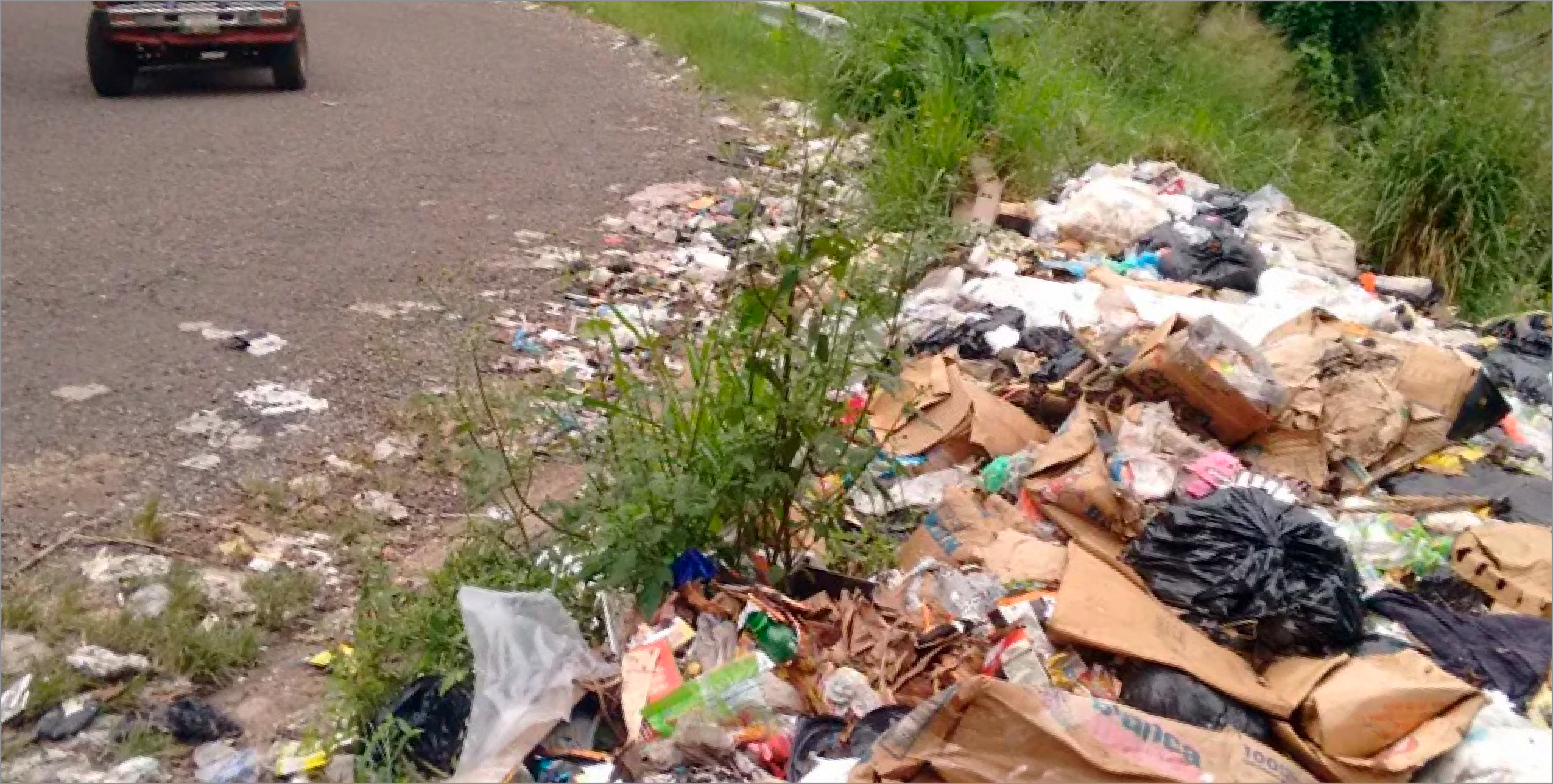Guatemala: The Impact of Waste on Climate Change
Keywords:
Illegal dump, landfill, municipalities, residues and solid waste, wasteAbstract
An extension of the semantics of the words garbage and garbage dump and an academic explanation of the insistence on the subject of garbage are presented. The moral obligation of the population and the legal obligation of the State to solve this problem are pointed out. Emphasis is also placed on pointing out the pollution generated by garbage in environmental and social systems and its
impact on climate change through the generation of greenhouse gases.
References
Profesional Investigador de Desarrollo Rural del Instituto de Análisis e Investigación de los Problemas Nacionales. Universidad de San Carlos. Guatemala.
(MARN. (2018) Guía para la Identificación Gráfica de los Residuos Sólidos Comunes. Guatemala.
RAE. (2023) Diccionario de la Lengua Española. Edición del Tricentenario. Actualización de 2023. España.
Organismo Legislativo. (1986) Ley de Protección y Mejoramiento del Medio Ambiente. Decreto número 68-86. Guatemala.
MARN. (s/f) Sobre Nosotros. Visión. Tomado de https://www.marn.gob.gt/sobre-el-marn/
MARN. (2021) Reglamento para la Gestión Integral de los Residuos y Desechos Sólidos Comunes. Acuerdo Gubernativo número 164-2021. Guatemala.
MSPAS. ((s/f) Misión. Tomado de: https://www.mspas.gob.gt/
Congreso de la República. (1997) Código de Salud. Decreto número 90-97. Guatemala.
ANC. (1985) Constitución Política de la República de Guatemala. Artículo 253, literal c). Guatemala.

Downloads
Published
How to Cite
Issue
Section
License

This work is licensed under a Creative Commons Attribution 4.0 International License.
Authors who publish with this journal agree to the following terms:
- Authors retain copyright and grant the journal right of first publication with the work simultaneously licensed under a Creative Commons Attribution License 4.0 that allows others to share the work with an acknowledgement of the work's authorship and initial publication in this journal.
- Authors are able to enter into separate, additional contractual arrangements for the non-exclusive distribution of the journal's published version of the work (e.g., post it to an institutional repository or publish it in a book), with an acknowledgement of its initial publication in this journal.
- Authors are permitted and encouraged to post their work online (e.g., in institutional repositories or on their website) prior to and during the submission process, as it can lead to productive exchanges, as well as earlier and greater citation of published work.




